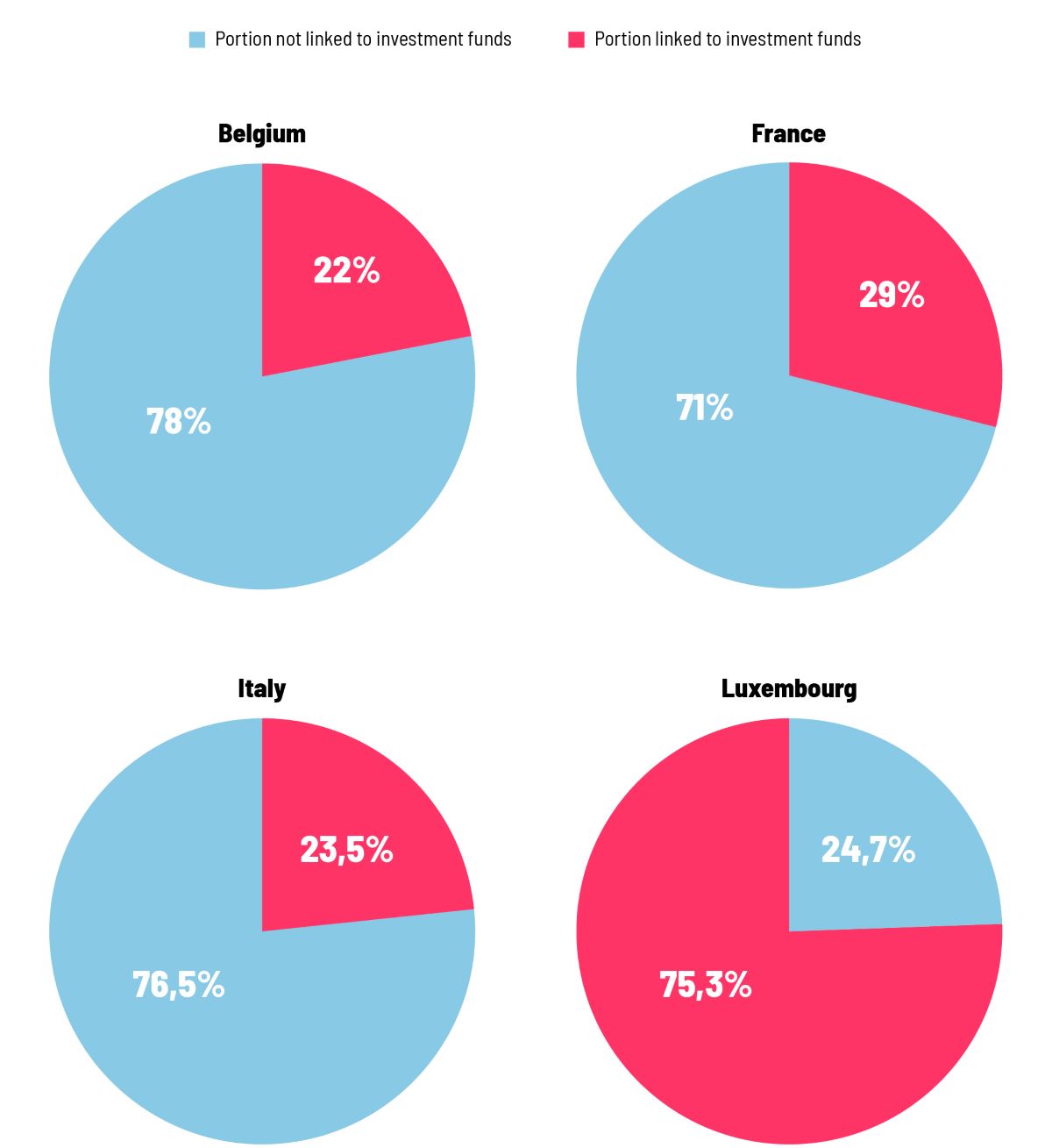

Finance
Pooled Income Fund Definition
Published: January 9, 2024
Learn the definition of a pooled income fund in the field of finance. Understand how these funds can help you maximize your investment potential.
(Many of the links in this article redirect to a specific reviewed product. Your purchase of these products through affiliate links helps to generate commission for LiveWell, at no extra cost. Learn more)
Pooled Income Fund Definition: Understanding the Concept
Welcome to our Finance category! In today’s blog post, we are going to delve into the world of pooled income funds and unravel the concept behind them. If you’ve ever wondered what a pooled income fund is and how it works, you’ve come to the right place. In this post, we will provide you with a clear and concise definition and discuss why it’s important to understand this financial instrument. So let’s dive in!
Key Takeaways:
- A pooled income fund is a type of charitable giving vehicle that allows individuals to donate assets, such as cash, securities, or real estate, to a fund managed by a nonprofit organization.
- Donors receive income payments from the fund throughout their lifetime, and upon their passing, the remaining assets are distributed to the chosen charitable organizations.
Now that we have a brief overview, let’s dig deeper into this financial concept. A **pooled income fund** is essentially a trust fund that combines the assets of multiple donors into one investment pool. These funds are typically managed by charitable organizations, such as universities, foundations, or non-profit entities. With a pooled income fund, individuals can make charitable contributions while still receiving income payments during their lifetime.
Here’s how it works: When you donate assets, whether it’s cash, stocks, bonds, or other forms of investments, to a pooled income fund, your contribution adds to the collective pool. The fund then invests these assets in various financial instruments, such as stocks, bonds, or real estate, with the aim of generating income. Donors are entitled to receive a share of the income earned by the fund, proportionate to their contribution.
What makes pooled income funds attractive to donors is the income stream they provide. Donors receive regular payments from the fund throughout their lifetime, making it particularly beneficial for individuals seeking a steady income source during retirement. It’s important to note that the income payments received may vary depending on the performance of the fund’s investments and the individual’s share in the pool.
Another significant advantage of pooled income funds is the charitable beneficiary aspect. When you establish a pooled income fund, you can designate one or multiple charitable organizations as beneficiaries. Upon the donor’s passing, the remaining assets in the fund are distributed to the specified beneficiaries, which can help leave a lasting impact and support causes close to your heart.
Now that you understand the core concept of a pooled income fund, you may be wondering if it’s the right option for you. If you’re considering donating to a charitable organization while still receiving income during your lifetime, a pooled income fund can be an excellent choice. It provides a win-win situation, allowing you to support charitable causes and enjoy a steady income stream.
In conclusion, a pooled income fund is a powerful financial vehicle that enables individuals to make charitable contributions while still receiving income payments throughout their lifetime. By poolin*a* *their assets with those of other donors, individuals can support causes they care about and have a lasting philanthropic impact. If you’re looking to maximize the benefits of charitable giving, a pooled income fund is definitely worth exploring.














